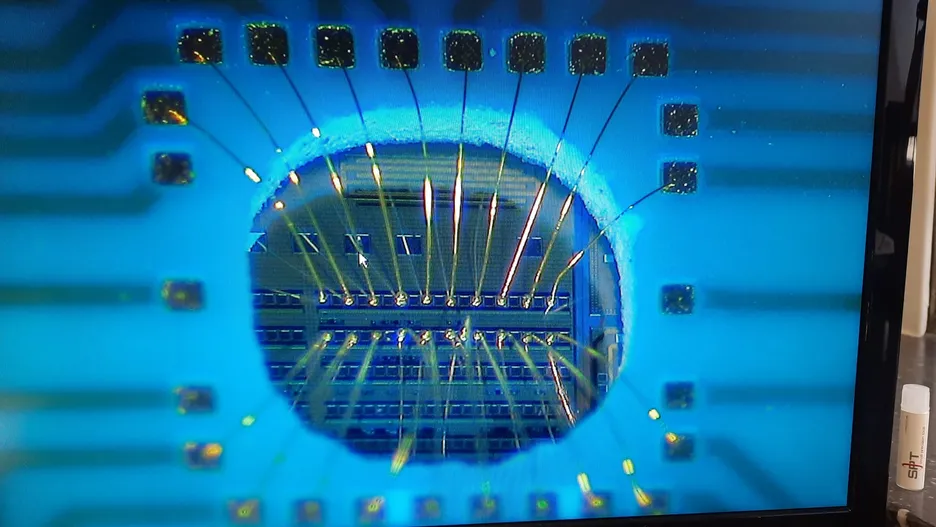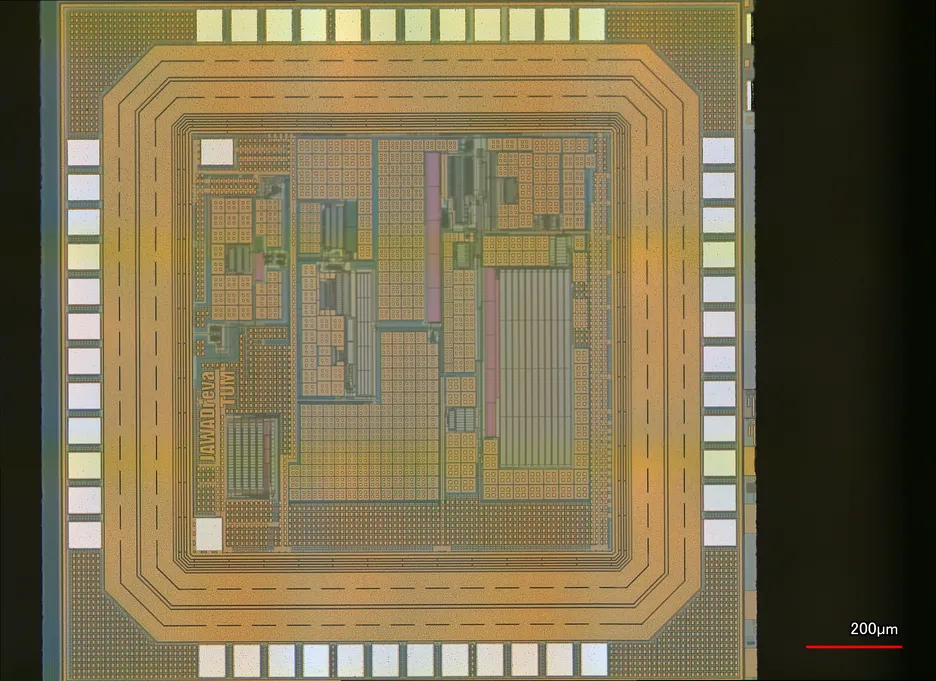Welcome to the Chair of Circuit Design
There is a strong interaction between electronics (and in especially microelectronics) and megatrends in our society: Challenges like sustainability (carbon footprint, resource management, social standards, health care) will force us to rethink our current engineering approaches to solve problems as climate change as well as demographic changes. Those challenges will drive us towards new ways of engineering thinking.
Today we can model the world, and we can use computers to draw intelligent conclusions from such models, but we are still rarely able to measure the reality to adjust our models to these realities accurately. The missing link between virtual and real world is the lack of data of real world behavior in a digital representation in the virtual world. With those we are able to better support the above mentioned challenges.
Intelligent sensing systems combined with connectivity is therefore also often named as the ‘internet of things’. Analog sensor informations are digitalized and miniaturized via analog and mixed-mode integrated circuits. Such systems need to be precise, but small, low power and low cost to enable them to be everywhere.
Intelligent sensing systems combined with connectivity is therefore also often named as the ‘internet of things’. Analog sensor informations are digitalized and miniaturized via analog and mixed-mode integrated circuits. Such systems need to be precise, but small, low power and low cost to enable them to be everywhere. Such sensing systems often need application specific electronics and are tailored to feed digital environmental information from the things to the internet. We enable the required senses to support the above mentioned demands for fueling the megatrends of our society.
The chair teaches and researches techniques, concepts and methods for the development of analog and mixed-mode circuits. Integrated circuits (ICs) on transistor level as well as complete electronic circuit systems are designed.
Both theoretical and practical basics of analog and mixed-mode circuit design are taught. We teach analog building block usage as well as transistor-level circuit design. Basic principles as well as the design and application of analog and mixed-mode devices in more complex circuit systems are discussed in the lectures. We place great emphasis on a solid theoretical foundation, as well as on gaining practical experience in the design of such systems.
The focus of our research is on the design of CMOS integrated circuits for sensor systems with concrete research projects on the integration of sensors, sensor system to sensor system communication and methods of (artificial) intelligence for application-oriented evaluation of the raw data of more complex sensor systems.
Our research addresses medium- and long-term time horizons. We implement most of them collaboratively with partners and with public and industrial financial support.


